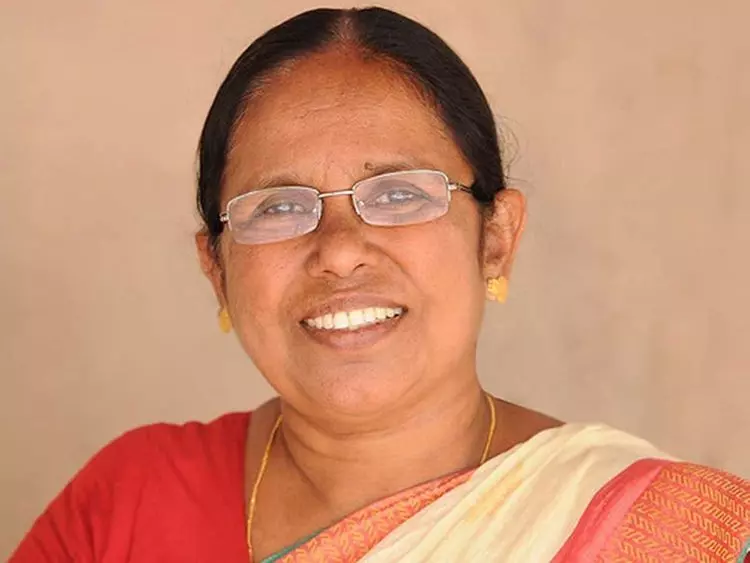
Livelihood vs lockdown: ex-minister's point for Kerala
text_fieldsNearly everyone would now acknowledge the severe suffering caused to the people of India by the lockdown imposed due to Covid-19 as much as by the very disease. Right when the first lockdown was declared without any planning whatsoever, and without giving people sufficient time to prepare, wise voices were raised about the consequences of such steps. Despite that, the Modi government went ahead in arbitrary fashion, and the country soon started hearing tales of internal labour migration and even suicides. A definitive study about the gravity of this crisis was produced last July by the voluntary organisation World Vision Asia which came up with the finding that the diet of 55 per cent of households in India was reduced to two meals per day. The study also corroborates the World Bank report that 1.25 crore Indians would be thrown to utter penury due to Covid. All this underlines the fact that together with financial crisis and unemployment, Covid and the lockdown also caused starvation in the country. Although the state of affairs in Kerala is different in all this, clouds of anxiety are gathering in Kerala too. None other than former health minister KK Shailaja indirectly admitted this at the state assembly the other day, while making an intervention during the debate on a calling atttention motion. She said that although Kerala has been saved from abject misery and hunger thanks to welfare measures including distribution of free food kit, the crisis remains very deep. While calling attention of the house to the bitter problems faced by the common man, her brief address also hinted that the finance minister's new package would not suffice. Her main focus was on how the lockdown had crushed Kerala's small-scale and traditional employment sectors.
About two and a half lack people directly employed in industrial sectors like handloom, coir, handicraft and cashew and employment areas like light and sound were deprived of job and income for the last one and a half years. They face difficulty in loan repayment, and children's education. She suggested that these sections should be given special consideration including special package for relief. That was the utmost a member of the treasury bench could demand in a house, but the Opposition raised the same demands more vociferously. The unscientific grading of lockdown relaxations had also come under fire in the legislature's debate. Even without this, every Keralite has been directly experiencing the faults of lockdown relaxations. People's lives will vouch for how the haphazard recommendations imposed from the top by bureaucrats, who form the so-called expert panels, have brought utter misery to the people. In this connection, facts presented by a merchant participant at a review meeting convened by the municipal chairperson of Nedumangad, in Thiruvananthapuram district have gone viral in social media just for its touching content. When he listed the faults in the way Test Positivity Rate (TPR) is being used as criterion for lockdown concessions, the officials assembled there could only lower their heads helplessly. The young merchant enumerated the hardships the merchants and labourers are going through in the current situation. That narration was a reflection of the pain of every member of the society.
Further, other statistics are now emerging which point at the agonising fallouts of lockdown which is continuing indefinitely. By this time, 33,000 restaurants have closed shop, and among them 12,000 restaurant owners have applied for cancellation of their GST registration, which means about half of the restaurants closed now will not reopen. And that constitutes only the members of the restaurants' association. Then the woes of the tens of thousands of small scale eateries, not affiliated to such formal bodies, will be an easy guess. Thousands of commercial establishments in other segments have also been shut down, leaving a question mark about the future of their owners and over a lakh of their employees. Their problems can hardly be resolved by supplying food kits. The fate of the large number of expatriates who were forced to return from abroad is another factor: nearly half of about 14 lakh people are facing problems in returning to their countries of residence. And the government does not have any comprehensive package for their rehabilitation other than some loan schemes. But far more than that, what Kerala needs at this hour is relief measures. Even as extreme vigilance is to be exercised about the disease, enough thought needs to be invested on how the easing of lockdown should be made more systematic and scientific. When lockdown-caused crises are highlighted by different sections of the population, defending them on the strength of sero-survey findings will only consign such people to starvation.
























